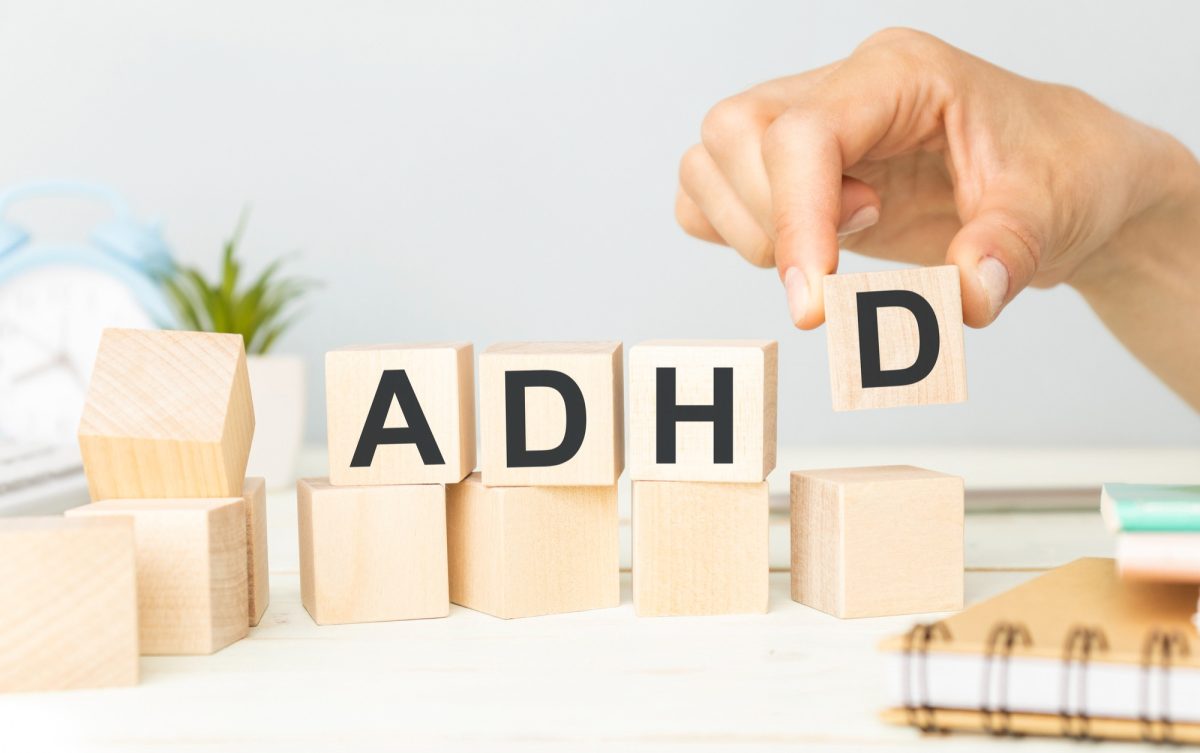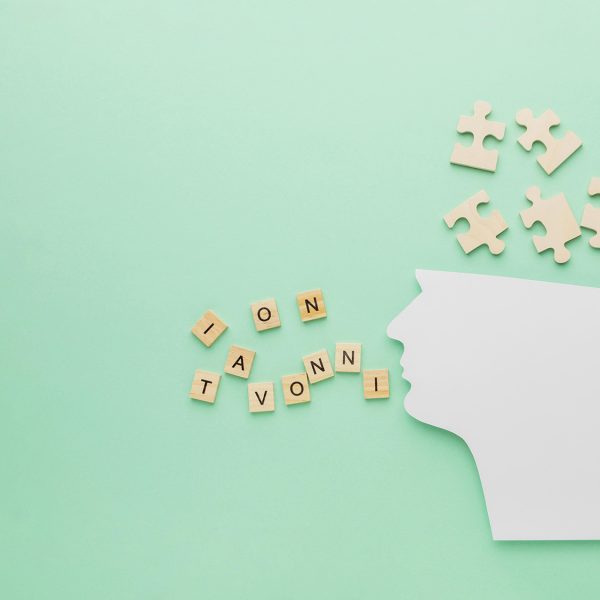Plus one, a lot of baggage incoming!
Isn’t that the case with most things and situations in life? They come in with a lot of baggage you didn’t sign up for. In some cases, you haven’t even signed up for the situation itself, yet here you are dealing with it and the copious amount of baggage it has brought. The case with ADHD is not very different. Studies have shown that more than two third of individuals diagnosed with ADHD have at least one co-existing condition. These co-existing conditions or comorbidities essentially refer to the simultaneous presence of two or more diseases in a person.
Now, our purpose is not to scare you with a list of diseases that could happen to you or someone you know, if they have ADHD, but it is to educate, inform, and help make the community more sensitive towards people with the disorder.
Comorbidities associated with ADHD
ADHD often occurs with multiple other health conditions, it could be anxiety, obsessive-compulsive disorder, or learning disabilities, amongst other things. This can make things challenging for the one who has ADHD, and their caretakers. Thus the first step would be to get in touch with your medical health professional, and get yourself tested, should you face any problems. To give a brief overview, the following are some common comorbidities that are often diagnosed in people with ADHD:
- Oppositional Defiant Disorder (ODD): One of the most common disorders occurring with ADHD, ODD is said to roughly begin before 8 years of age. The symptoms involve intentionally defying, or exhibiting defiant behaviors, which may cause problems in their surroundings. Persisting symptoms of arguing, hurting someone on purpose, being resentful, etc, may be commonly noticed.
- Conduct Disorders: These disorders mainly include a persistent exhibition of aggressive and socially unacceptable behavior which may cause great discomfort to their peers, family members, or people around them. Breaking rules, bullying, hurting people and animals, lying, etc, are some common exhibits of this disorder.
- Learning Disabilities: Children with ADHD, are also diagnosed with some or the other learning disability, in large numbers. Almost one-fourth of children with ADHD have also been reported to have a learning disability. They include :
- Dyslexia ( reading difficulty)
- Dyscalculia ( problems with maths)
- Dysgraphia ( Problem with writing)
Academic on its own can be a challenging forfeit for children with ADHD, on top of that if we add a learning disability, things can get harshly complicated to cope with.
4. Anxiety Disorders: Children with ADHD, are very vulnerable to anxiety spectrum disorders. Almost half of the people who have ADHD, also have some or other anxiety-related issue. This could be:
- Social Anxiety
- Separation Anxiety
- Sleep Disturbances
- Generalized Anxiety
Anxiety can cause coping with their environment especially difficult. It can cause esteem-related issues and can make interacting with people, particularly challenging.
5. Depressive Disorders: While often mixed with being sad or hopeless, depression is a very serious condition that impacts not only the mental and emotional but physical well-being too. People with ADHD have a hard time fitting into social institutions, which can cause a sense of hopelessness, thus making them more vulnerable to depressive disorders.

Reading about so many conditions that affect people with ADHD, can be a little bleak but, with the correct treatment, these symptoms can be managed very well. Along with treatment for ADHD, you can go for psychotherapy, which will help you deal with these comorbidities. Apart from that maintaining a healthy routine always helps.
The purpose of our sharing this information with you is to help you understand the complexities of this disorder so that if you or someone you know is going through something similar, they can get suitable help.




















Share this article